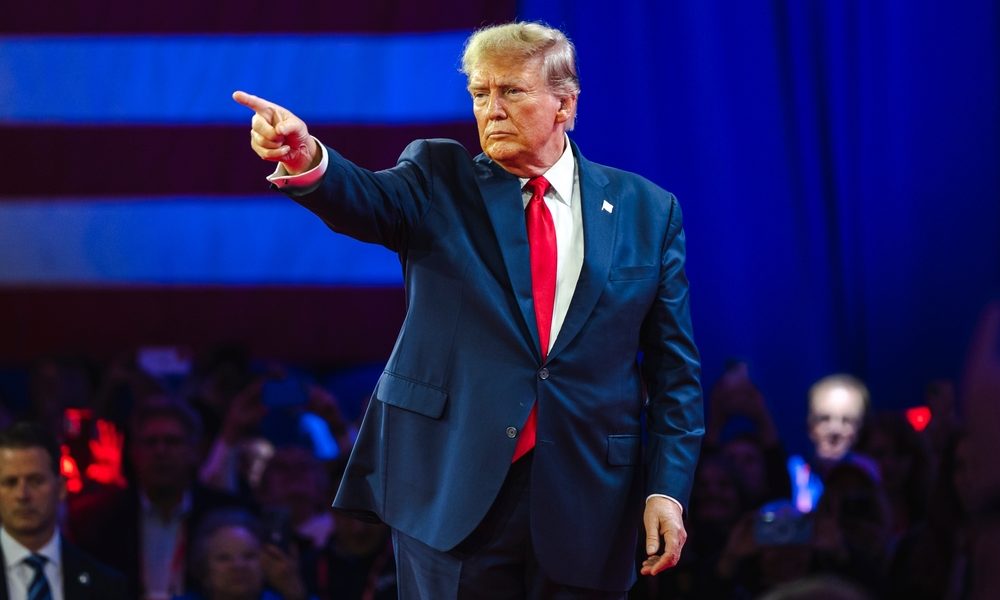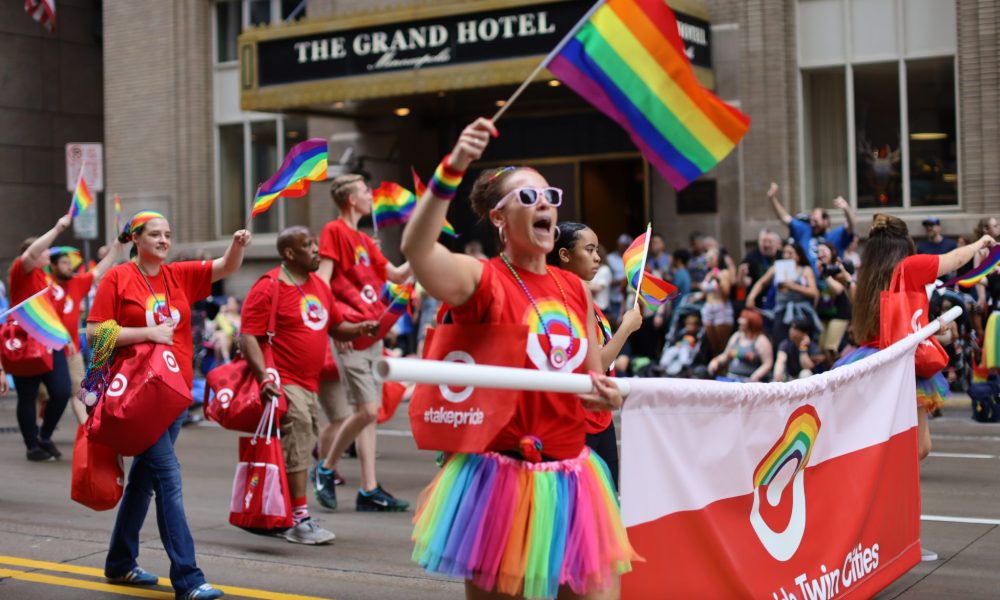Karla Sofía Gascón, the trailblazing trans actress known for her role in Emilia Pérez, has deactivated her X (formerly Twitter) account following the resurfacing of controversial posts from her past. The actress, who made history as the first openly trans woman to be nominated for an Oscar, faced intense backlash after her previous statements on social media sparked widespread criticism.
As of Friday, January 31, 2025, Gascón’s X account, previously under the handle @karsiagascon, has been fully deactivated. In a statement to The Hollywood Reporter, she explained the decision, citing the harassment and abuse she has endured since the posts came to light.
“I’m sorry, but I can no longer allow this campaign of hate and misinformation to affect me and my family, so at their request I am closing my account on X,” Gascón wrote. “I have been threatened with death, insulted, abused and harassed to the point of exhaustion. I have a wonderful daughter to protect, whom I love madly and who supports me in everything.”
The controversy surrounding Gascón’s social media posts began earlier this week, when a series of old tweets resurfaced. The posts, which were originally shared several years ago, contained inflammatory and divisive opinions on sensitive subjects such as religion, race, and social justice movements, including Black Lives Matter.
In one post, Gascón expressed strong disdain for organized religions, writing, “I am so sick of so much of this sht, of islam, of christianity, of catholicism and of all the fcking beliefs of morons that violate human rights.” In another post, she made controversial remarks about George Floyd’s death, calling him a “drug addict swindler” and implying that his death was being exploited by certain groups to further their agendas. “I really think that very few people ever cared about George Floyd, a drug addict swindler, but his death has served to once again demonstrate that there are people who still consider Black people to be monkeys without rights and consider policemen to be assassins,” she wrote.
The posts, which were translated by Variety, caused an immediate uproar, particularly among fans and advocates of the Black Lives Matter movement, as well as those who support marginalized communities. Critics quickly denounced Gascón’s remarks as harmful and insensitive, prompting many to call for her to address the comments publicly.
In response, Gascón issued an apology on Thursday, acknowledging the hurt her posts had caused. “I want to acknowledge the conversation around my past social media posts that have caused hurt. As someone in a marginalized community, I know this suffering all too well and I am deeply sorry to those I have caused pain. All my life I have fought for a better world. I believe light will always triumph over darkness,” she wrote in a statement.
Despite the apology, the controversy surrounding her past posts continued to escalate, with many calling for more accountability from the actress. The situation worsened as additional backlash emerged across social media platforms, and Gascón’s X account was flooded with negative comments and threats.
In addition to her apology, Gascón’s decision to deactivate her account came after several media outlets, including Out and Variety, reached out for comment. As of now, neither Gascón nor Netflix, where she stars in Emilia Pérez, has issued further statements regarding the incident.
Gascón’s public apology and account deactivation come at a time when social media scrutiny of public figures has reached new heights, particularly for those in the entertainment industry. For many, the resurfacing of old, problematic posts has raised questions about the accountability of public figures and the potential harm that certain opinions can have on marginalized communities.
Despite the controversy, Gascón remains a significant figure in the LGBTQ+ community. As the first-ever out trans woman to be nominated for an Academy Award, her achievements have been groundbreaking. However, this latest controversy underscores the complexities of being in the public eye, especially when past actions come under intense scrutiny.
The situation is still unfolding, and it remains to be seen how Gascón’s career and reputation will be affected by the backlash. As of now, her social media presence is on pause, leaving many to wonder about the long-term impact of this incident on her professional life.










